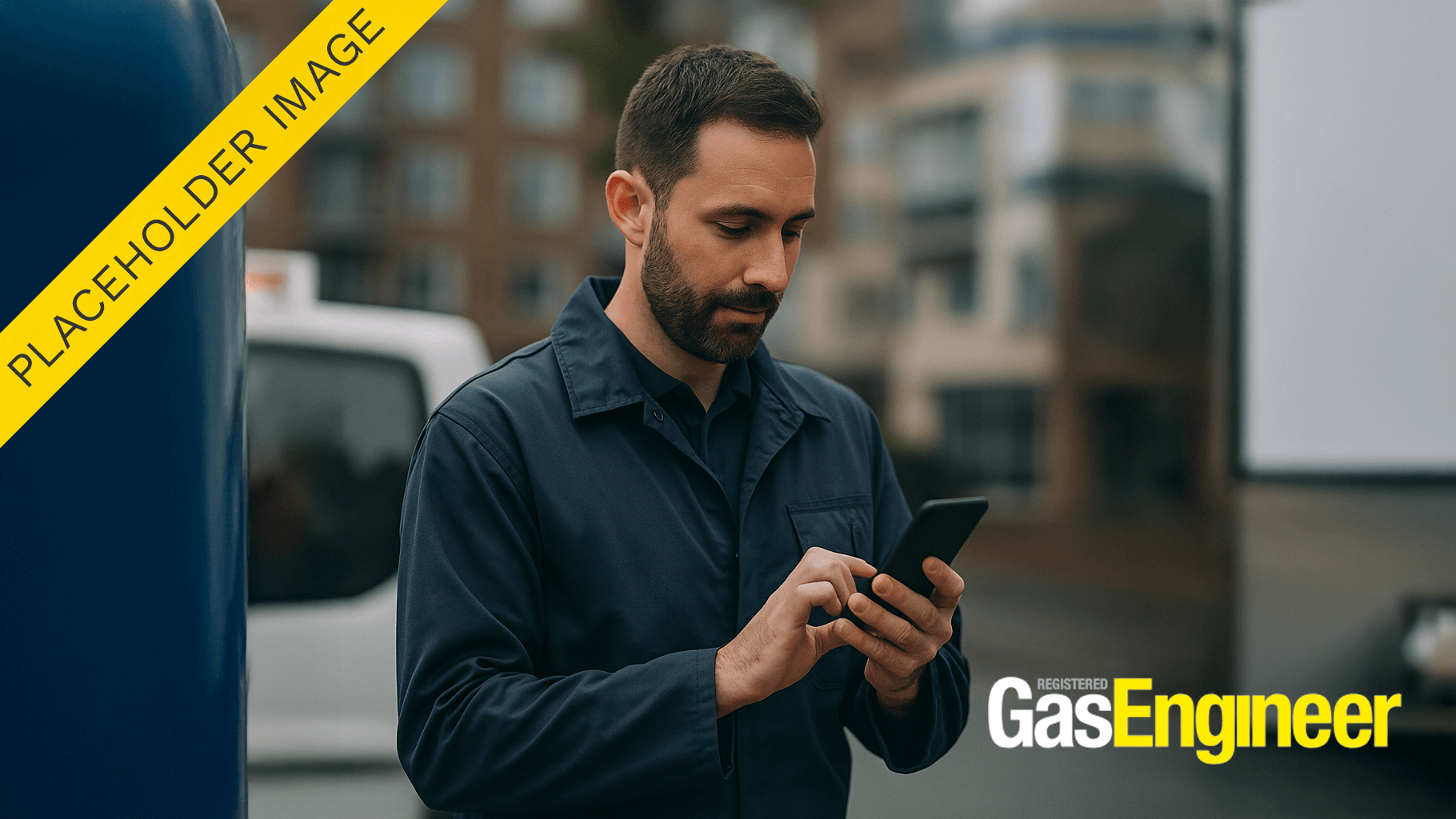
Reverse VAT charge delayed until March 2021
The introduction of the domestic reverse VAT charge for construction services has been delayed by five months until 1 March 2021, due to the impact of the coronavirus pandemic on the construction sector.
The domestic reverse charge shifts the responsibility for accounting VAT on certain construction industry services to the customer, rather than the supplier. This means that any VAT-registered customer who receives supplies of construction services, such as a gas engineer or sub-contractor, will have to account for the VAT due on these supplies on their VAT return, rather than the supplier doing this.
HMRC has published a list of the services that will be subject to the reverse charge, which include:
- Installing heating, lighting, air-conditioning, ventilation or water supply systems
- Constructing, altering, repairing, extending, demolishing or dismantling buildings or structures
- Painting or decorating the internal or external surfaces of any building or structure.
Services that are not subject to the reverse charge include manufacturing building or engineering components, and the professional work of architects, surveyors, or of building and engineering consultants.
From 1 March 2021, the service supplier will neither charge nor collect VAT from their customer. Instead, the VAT-registered customer receiving the service must pay the VAT to HMRC, and can then recover the tax, subject to the normal recovery rules.
The original reverse charge legislation has also been amended. From 1 March 2021, any business that wants to be excluded from the reverse charge because they are either users or intermediary suppliers must first inform their sub-contractors of this in writing.
The reverse charge will affect any building or construction services supplied at standard or reduced VAT rates that also need to be reported under the Construction Industry Scheme (CIS). CIS is a tax deduction scheme that applies to payments made by a contractor to a sub-contractor. The change will affect any VAT-registered individual or business who supplies or receives services reported under CIS.
The charge does not apply if the service is zero-rated for VAT, or if the customer is not VAT registered in the UK, such as a homeowner or end user.
The domestic reverse charge was due to be introduced on 1 October 2020, having been previously delayed from its original 2019 deadline. But industry bodies were already warning that the sector would not be ready for the change.
With COVID-19 placing further strains on the construction industry, HMRC again delayed the introduction, it says, “to help these businesses overcome the effects that the coronavirus pandemic has had on them and give them more time to prepare”.
HMRC says this change will help prevent fraudsters from “stealing the VAT due to HMRC”.
The change follows similar measures that have been introduced for other sectors, including mobile phones, telecommunication services and renewable energy certificates.
HMRC is urging gas engineers to check whether the reverse charge affects them before 1 March 2021, because they may need to make administrative changes to VAT and tax return documents ahead of the deadline.
Contractors should review all their contracts with sub-contractors to decide whether the reverse charge will apply to those services. Sub-contractors should get confirmation from their customers whether the reverse charge will apply, including confirming whether their customer is an end user or intermediary supplier.

